Trump’s appointments signal shifts in Middle East strategy
- Update Time : Wednesday, November 20, 2024
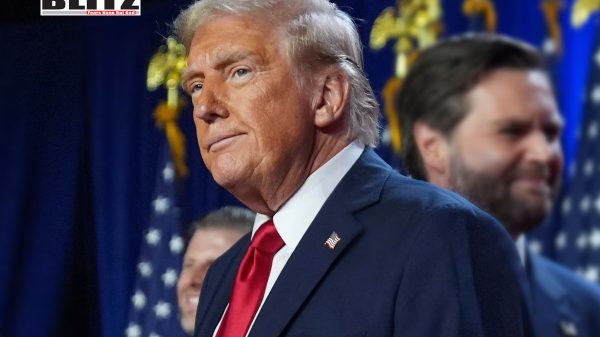
President-elect Donald Trump has announced a series of high-profile appointments that will shape US foreign policy under his administration. While some of these nominees lack extensive foreign policy experience, their previous statements and affiliations provide significant insights into their likely approach to Middle Eastern affairs. A common thread among them is a steadfast and unwavering support for Israel, which is expected to influence the broader direction of US engagement in the region.
Among Trump’s key foreign policy appointments are:
Sen. Marco Rubio as Secretary of State
Pete Hegseth, a media commentator, as Secretary of Defense
Rep. Michael Waltz as National Security Adviser
Rep. Elise Stefanik as Ambassador to the UN
Steven Witkoff, a businessman, as Special Envoy to the Middle East
Former Rep. Tulsi Gabbard as Director of National Intelligence
John Ratcliffe as CIA Director
These figures will play pivotal roles in shaping US policy toward the Middle East. While Senate confirmation is required for most of these roles, Republican control of the chamber is expected to smooth the process for many nominees, despite anticipated challenges for a few.
The most prominent feature uniting these appointees is their strong pro-Israel stance. This shared perspective signals a continuation-and likely intensification-of US support for Israel under Trump’s leadership.
Marco Rubio, Trump’s pick for Secretary of State, has been vocal in his criticism of the outgoing administration’s efforts to persuade Israel to exercise restraint in Gaza. Rubio has described the West Bank as “Judea and Samaria” and written that “Israelis rightfully living in their historic homeland are not the impediment to peace; the Palestinians are.”
Similarly, Pete Hegseth, a Fox News commentator and Trump’s nominee for Secretary of Defense, has consistently provided a pro-Israel perspective through his media work. Hegseth’s series Battle in the Holy Land: Israel at War presented Israel’s security concerns in a highly sympathetic light.
Michael Waltz, tapped as National Security Adviser, has called Israel “the greatest ally we’ve ever known.” He has criticized previous administrations for urging Israel to show restraint in its military actions against Gaza, Lebanon, and Iran.
As Ambassador to the UN, Elise Stefanik has demonstrated her pro-Israel credentials by vocally condemning UN criticism of Israel. In a recent speech in Jerusalem, Stefanik decried what she called the UN’s “antisemitic rot” and argued for stronger US backing of Israel.
Steven Witkoff, nominated as Special Envoy to the Middle East, has long-standing ties to pro-Israel advocacy, having raised significant campaign funds from pro-Israel donors. Similarly, Tulsi Gabbard, nominated as Director of National Intelligence, and John Ratcliffe, Trump’s pick for CIA Director, have voiced strong support for Israel’s actions against Hamas.
To underscore this administration’s commitment to Israel, Trump has also announced that Mike Huckabee, a staunch supporter of Israeli settlements in the West Bank, will serve as Ambassador to Israel. Huckabee’s views include opposing a two-state solution and dismissing the concept of Palestinian sovereignty. He has stated, “There is no such thing as the West Bank – it’s Judea and Samaria,” and “There’s really no such thing as a Palestinian.”
Beyond their unified support for Israel, it is less clear how these appointees will shape US policy toward the broader Middle East. Many of the nominees lack significant policy experience in the region, making it difficult to predict their stances on complex issues such as the Syrian civil war, relations with Iran, or the ongoing conflict in Yemen.
However, some patterns are emerging. Trump’s foreign policy team appears to favor a blend of assertive unilateralism and selective isolationism. Balancing these approaches will likely be a point of contention among his advisers, potentially leading to disagreements within the administration.
For instance, Michael Waltz has expressed a preference for reallocating US resources to counter China rather than focusing heavily on the Middle East. This pivot could prove challenging, as previous administrations have struggled to disentangle the US from its deep entanglements in the region. Middle Eastern leaders may find themselves navigating a more complex diplomatic landscape as Washington’s attention shifts toward Beijing.
Some appointees bring personal experiences and specific interests that could shape their Middle East policy decisions. Michael Waltz, for example, has advocated for designating the Houthis in Yemen as a Foreign Terrorist Organization-a policy the outgoing administration implemented. Similarly, Tulsi Gabbard drew significant controversy for her 2017 visit to Syria, where she met with President Bashar al-Assad, sparking debate over her views on the Assad regime and US involvement in the Syrian conflict.
The military backgrounds of Waltz, Hegseth, and Gabbard also suggest a preference for pragmatic approaches shaped by their deployments in the Middle East. These experiences could influence their stances on military interventions and counterterrorism strategies.
Assuming Senate confirmation, Trump’s appointees will face significant challenges in navigating the Middle East’s volatile landscape. Key issues include the ongoing conflict in Syria, the nuclear deal with Iran, the war in Yemen, and the Israeli-Palestinian peace process. The administration’s strong pro-Israel orientation may complicate efforts to mediate between Israel and its neighbors or to address broader regional tensions.
Trump’s nominees must also contend with the complexities of balancing US alliances in the region. While the administration’s alignment with Israel is clear, relationships with other key players such as Saudi Arabia, Egypt, and Turkey remain uncertain. Additionally, efforts to counter Iranian influence in the region will require careful coordination with Gulf allies.
The early indications from Trump’s foreign policy appointments suggest a Middle East policy dominated by robust support for Israel and a potential shift in US priorities toward other global challenges. While the administration’s overarching strategy remains uncertain, its unequivocal backing of Israel will likely define its engagement with the region. The extent to which Trump’s team can address the Middle East’s complex challenges will depend not only on their individual capabilities but also on their ability to navigate competing priorities and internal disagreements.


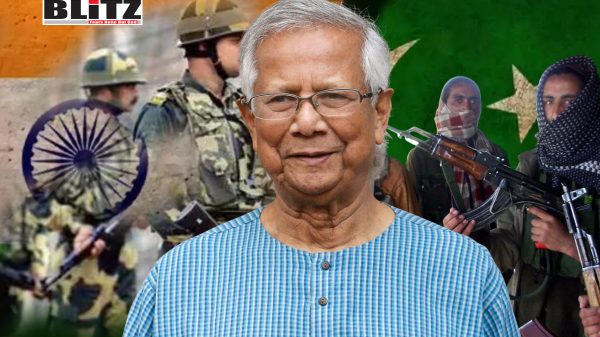
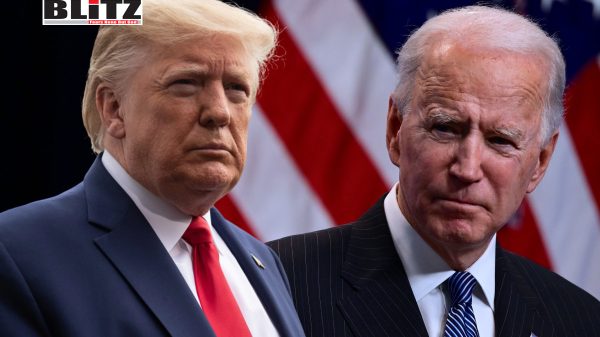
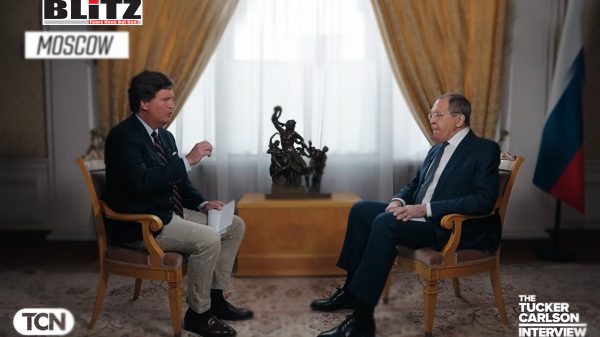
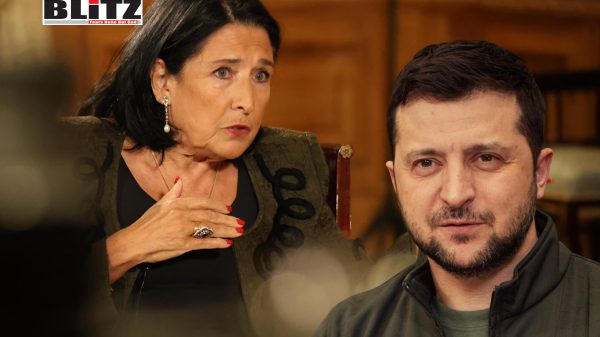

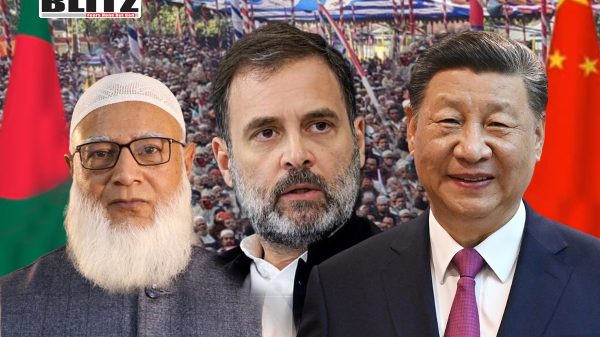

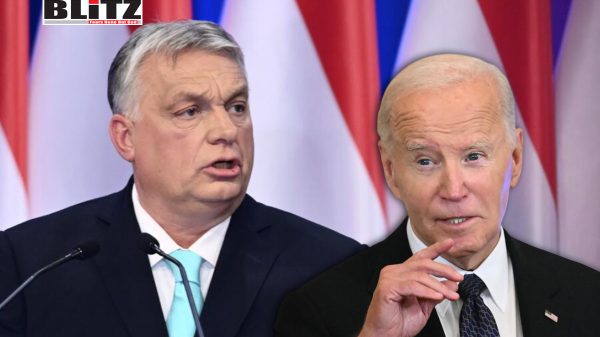
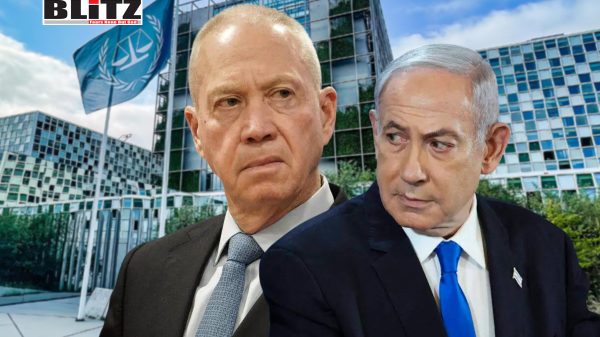
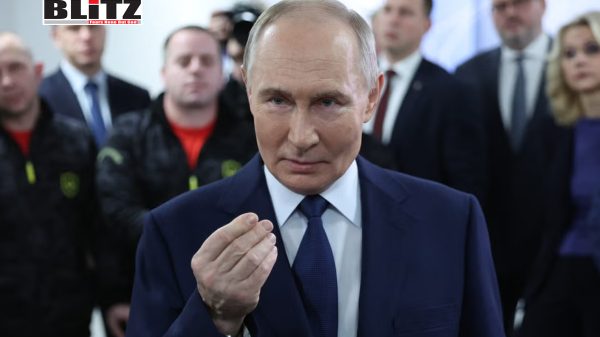


Leave a Reply